The Office of Student Conduct instituted a formal restorative practices option to Lafayette College’s conduct process at the beginning of the academic year, providing students with a new pathway for resolving conduct violations.
Restorative practices are approaches to conduct violations that prioritize accountability, healing and community, according to the Learning Policy Institute.
The new process presents an optional alternative to the typical conduct path that utilizes formal warnings, probationary statuses and other more punitive sanctions. The addition was announced alongside the elimination of behavioral conduct fines.
According to Vice President for Student Life Sarah Moschenross, these restorative practices can take many forms, including “apologies, shuttle mediation, circle practices, restorative conferences, mediations, conflict coaching, etc.”
The restorative processes will not be available in all conduct violation cases. Some violations remain likely to “elicit the suspension or dismissal pathway, no matter what,” and violations of Title IX policy follow a different process altogether, according to Moschenross.
The implementation of restorative practices is not linear and does not follow a strict formula, though Moschenross sees value in that flexibility.
“It’s not one size fits all,” Moschenross said. “It’s really looking at what would work in this situation for these people, and they get to contribute to what that looks like.”
The implementation of restorative practices is becoming more widespread in educational settings.
“Restorative practices are a common part of conduct processes and procedures nationally, including but not limited to being an option in Title IX resolution, and an increasing number of states authorizing it in the K-12 setting,” Tess Barker, the executive director of the Association for Student Conduct Administration, wrote in an email.
Muhlenberg College, a peer institution in the Lehigh Valley with nearly 2,000 students, also recently saw the implementation of a more formal system of restorative practices.
To Courtney Stephens, the dean of students and director of student conduct at Muhlenberg, these new policies were a “firmed-up” version of the school’s already-existing restorative-minded philosophy.
“We’re tiny but mighty, which means that if you have an argument with someone, you’re pretty much guaranteed to see them in the dining hall and then walking on your way to classes and then at a party, right?” Stephens said.
“We’ve always wanted to be able to provide a sense of community because, like it or not, you’re stuck with one another, but more so because of our core, who we want to be,” she continued.
At Muhlenberg, restorative practices are typically utilized in conjunction with formal conduct processes; rarely is a restorative practice utilized as a sanction in and of itself.
“I personally don’t believe in using restorative practices as a sanction,” Stephens said. “I also would not want a situation in which a student, the only reason they’re participating is so that they don’t get in as much trouble.”
Stephens said that at Muhlenberg, she is “really cautious” about implementing restorative practices as the sole outcome of conduct violations. Moschenross did not express this concern.
“I am not overly concerned about students choosing that pathway because of misperceptions about its rigor,” Moschenross wrote in an email. “The point is education and development, and if we achieve that with students we have met our goals.”
Austin Haytko, the recently resigned director of student conduct and restorative practices at Lafayette, declined to comment.



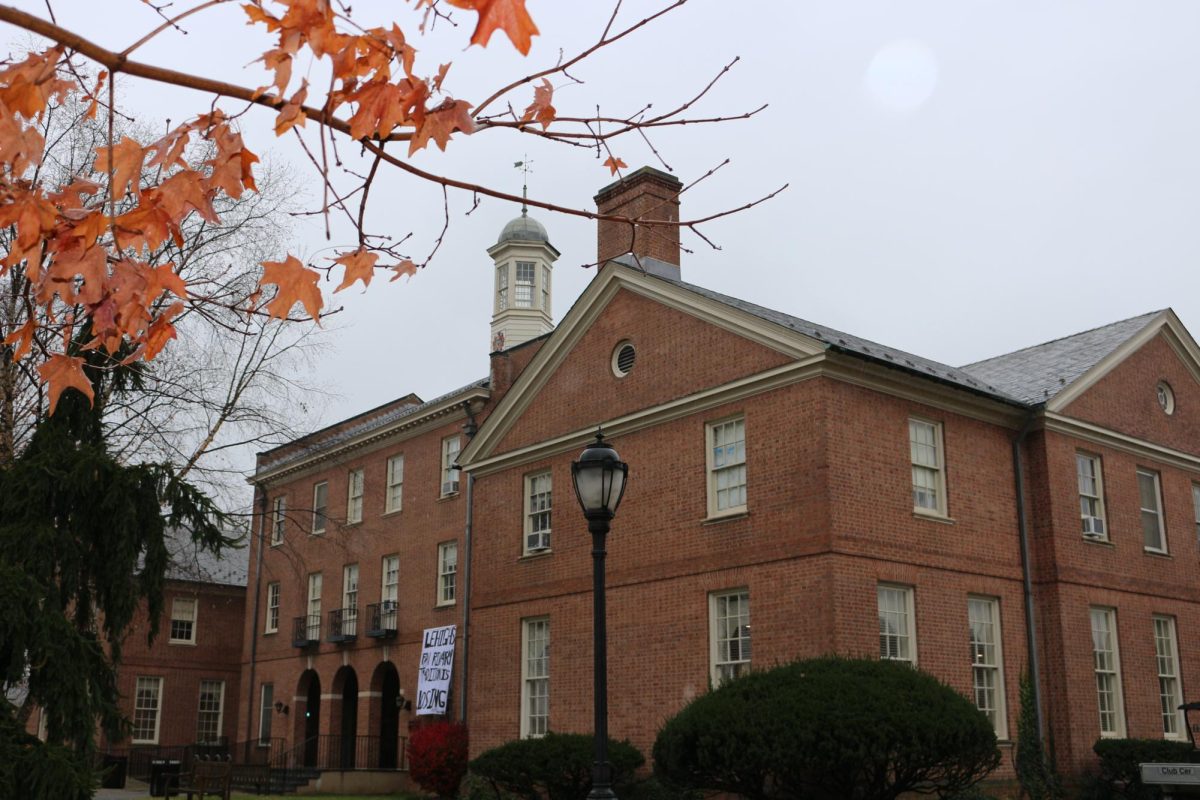






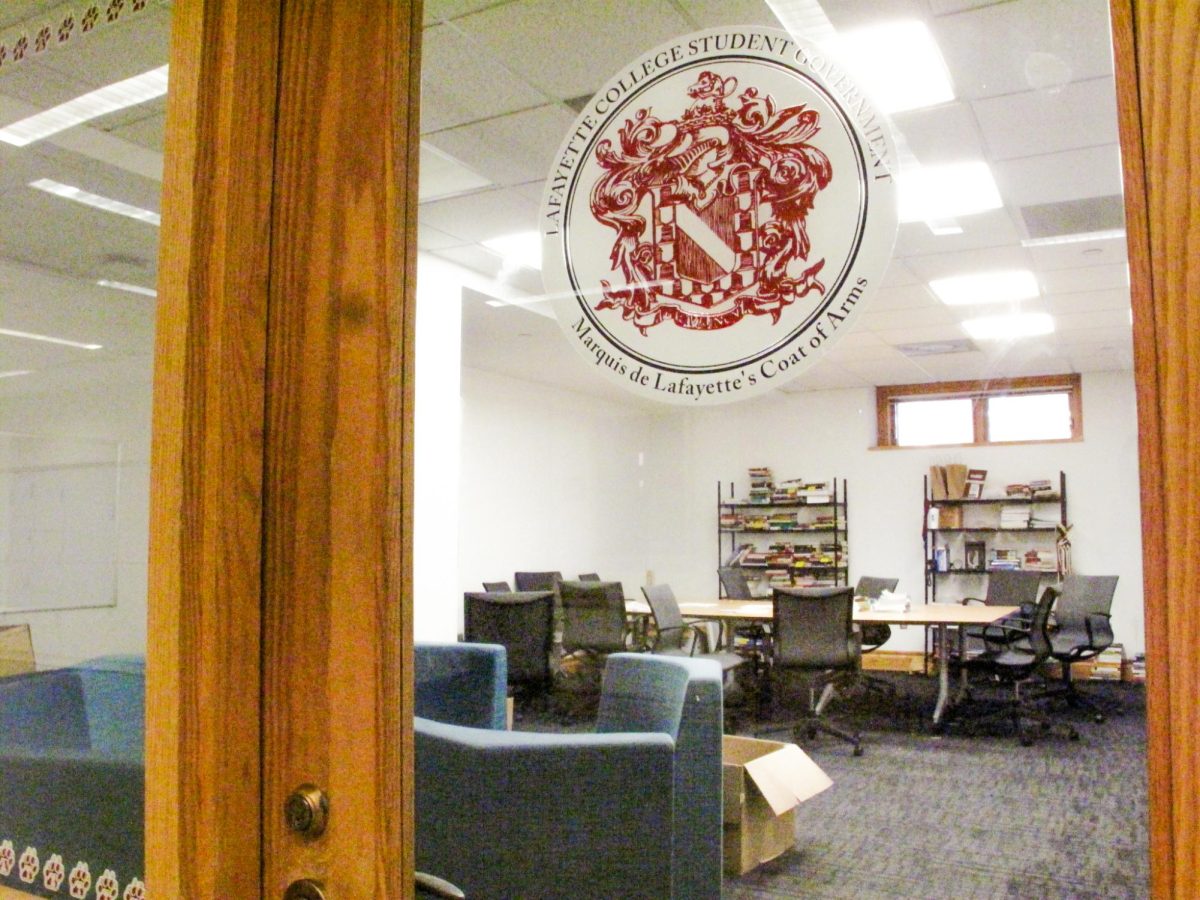
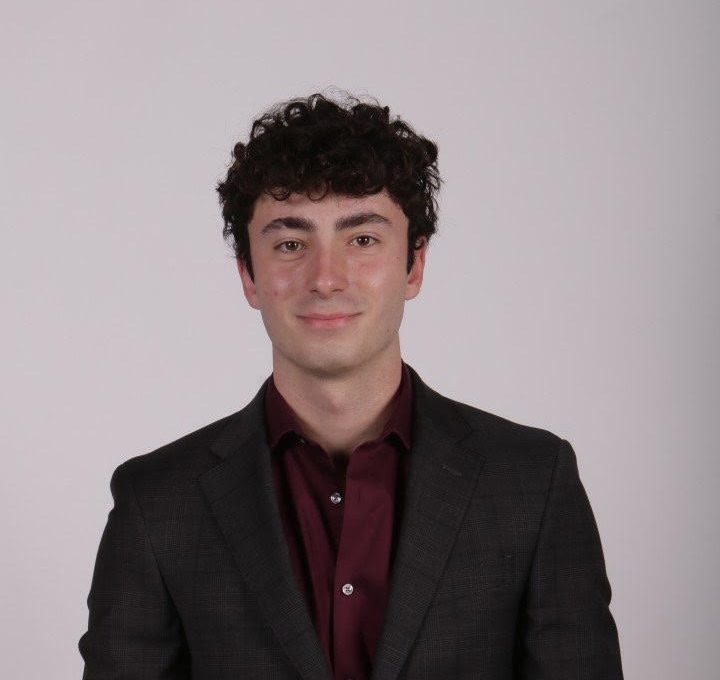
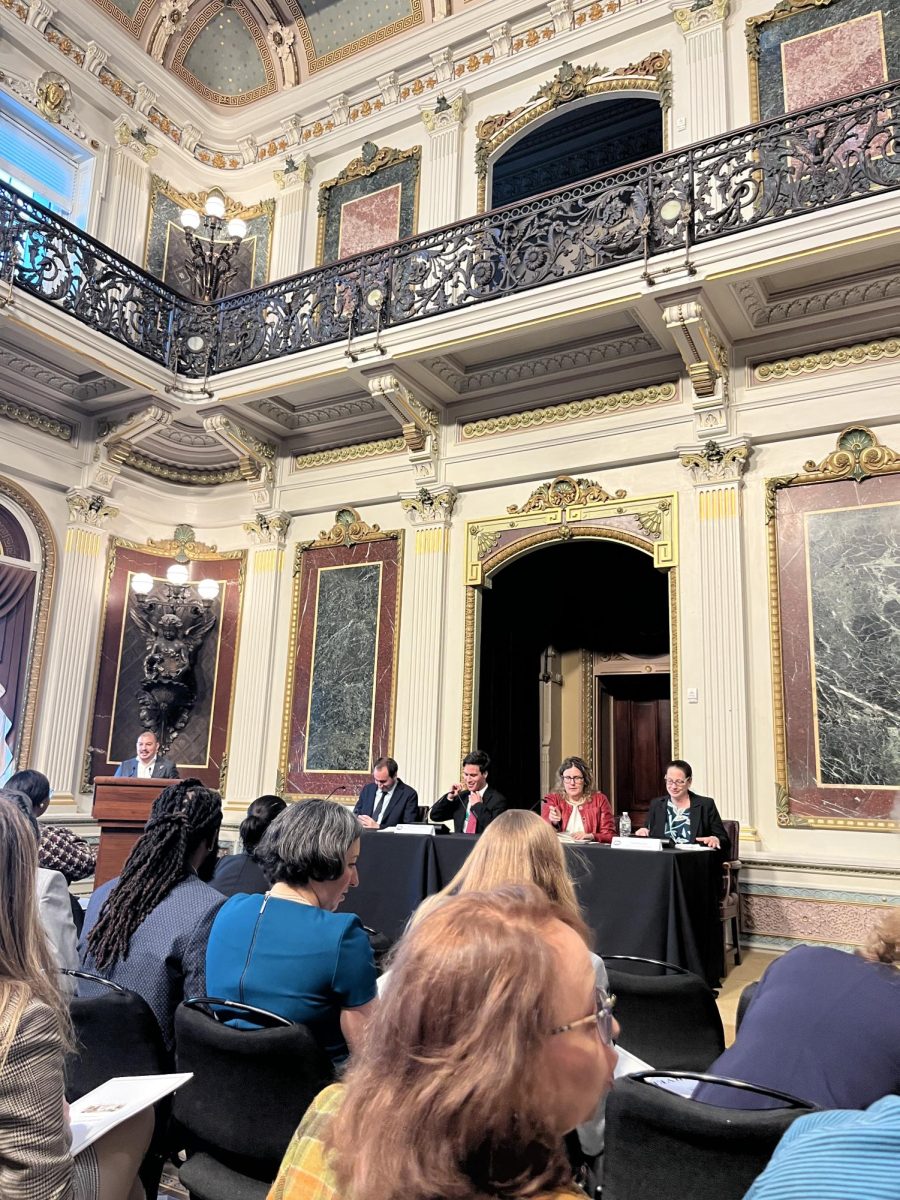

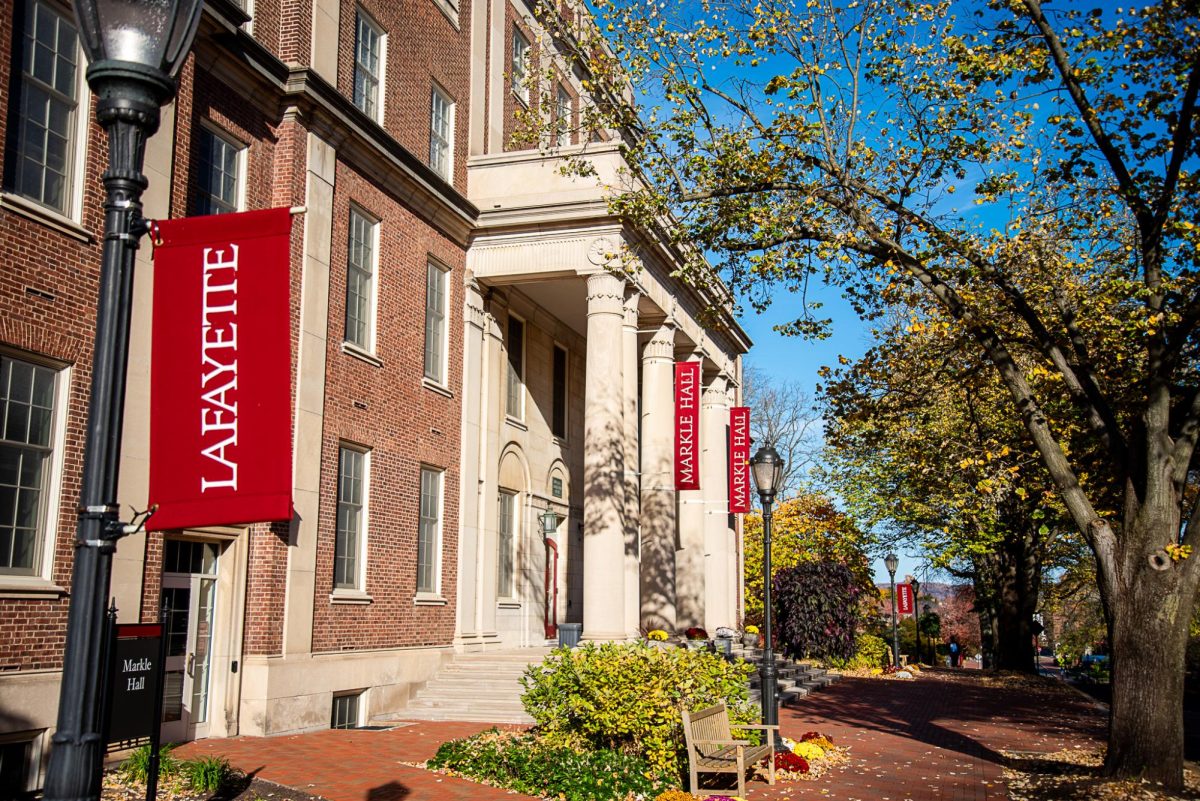




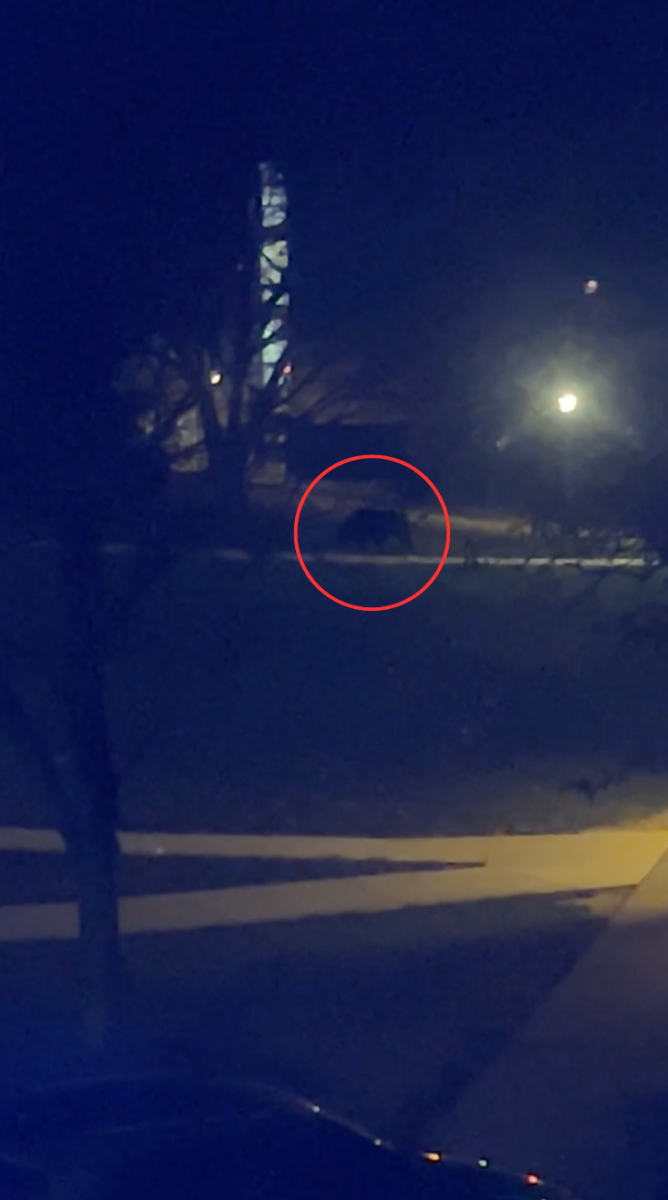





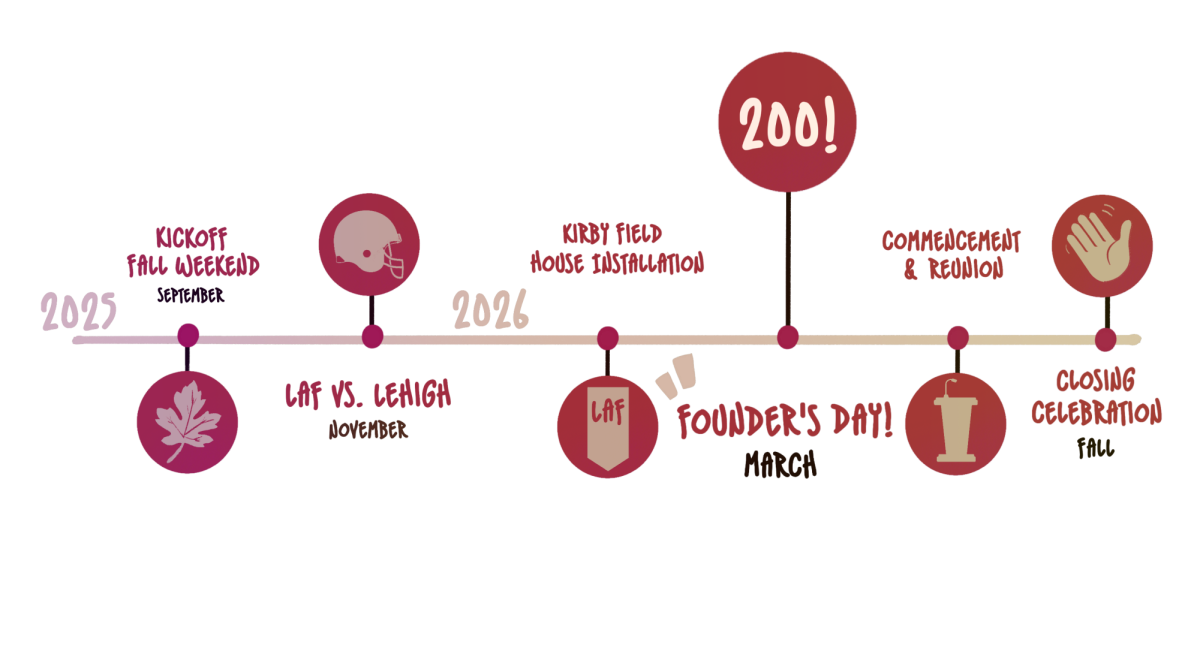
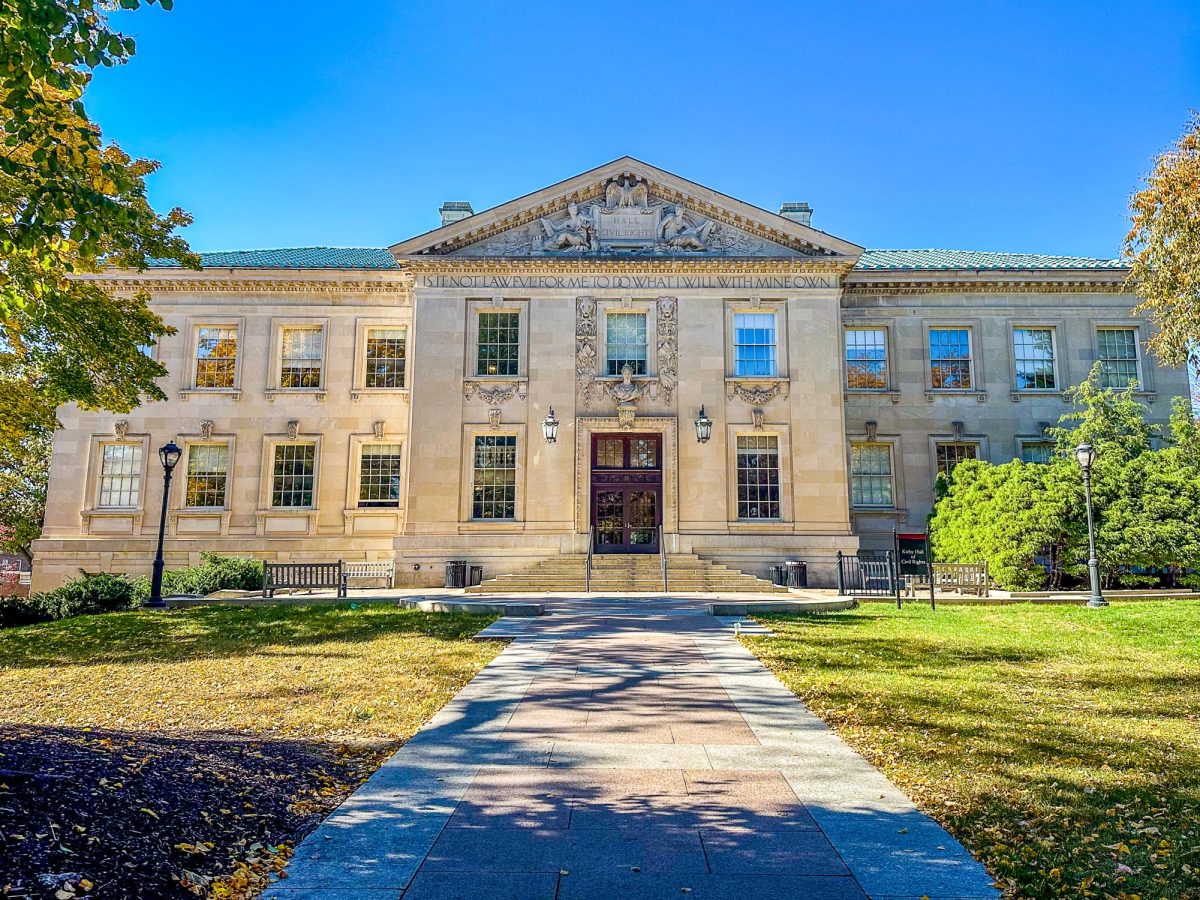



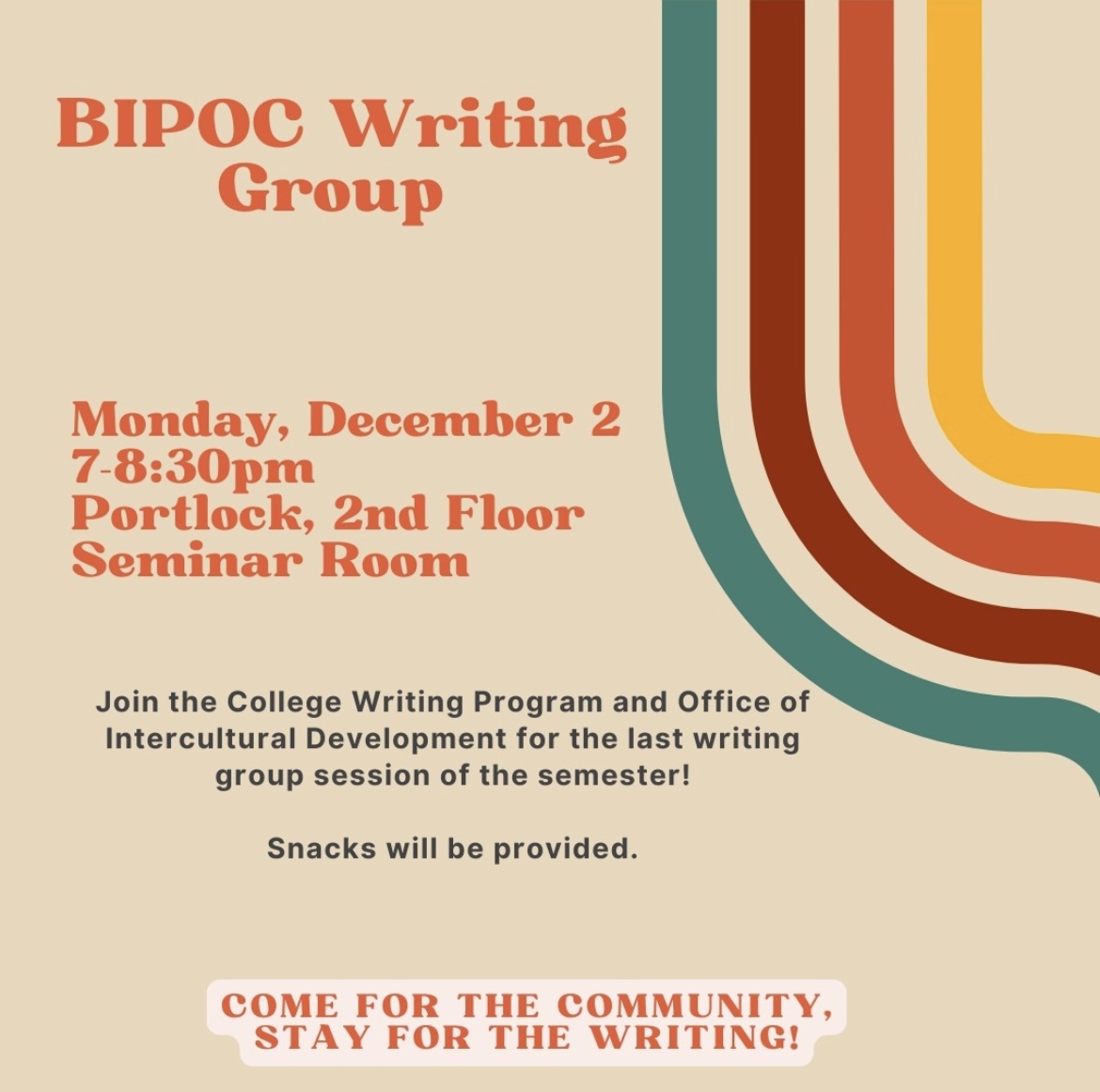































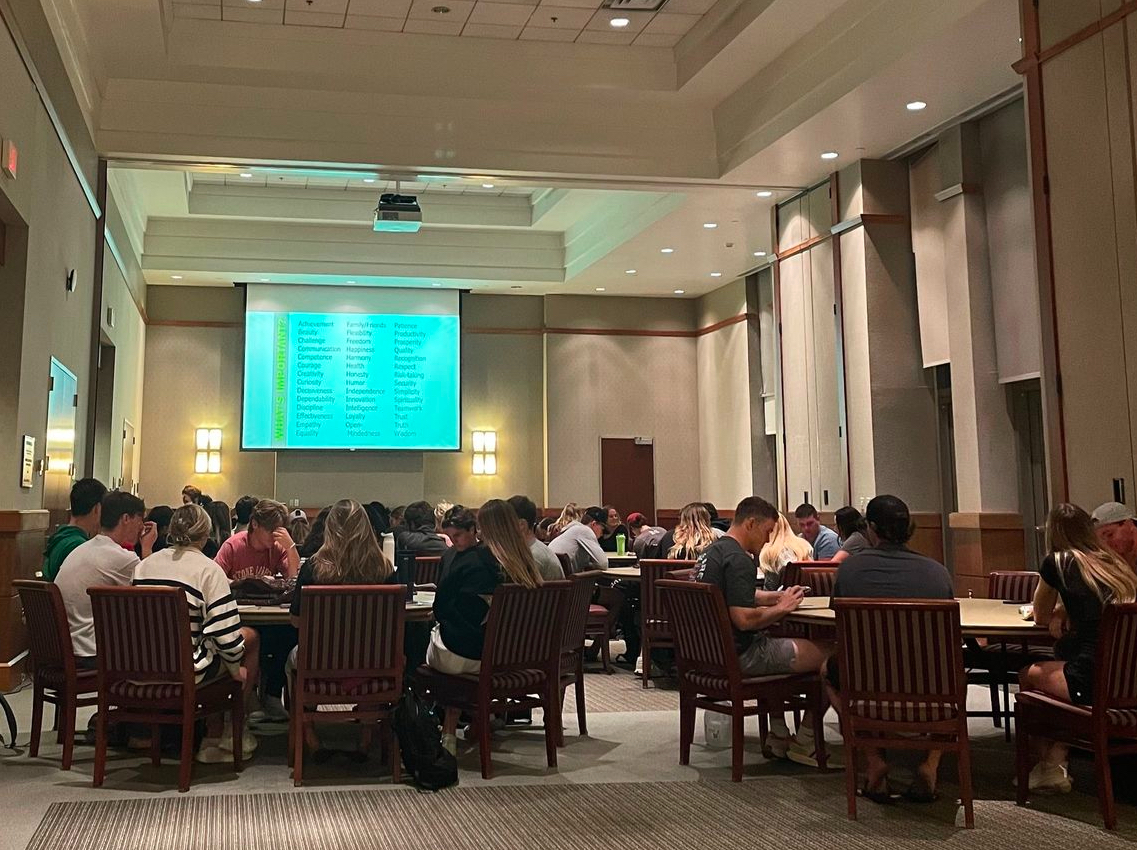



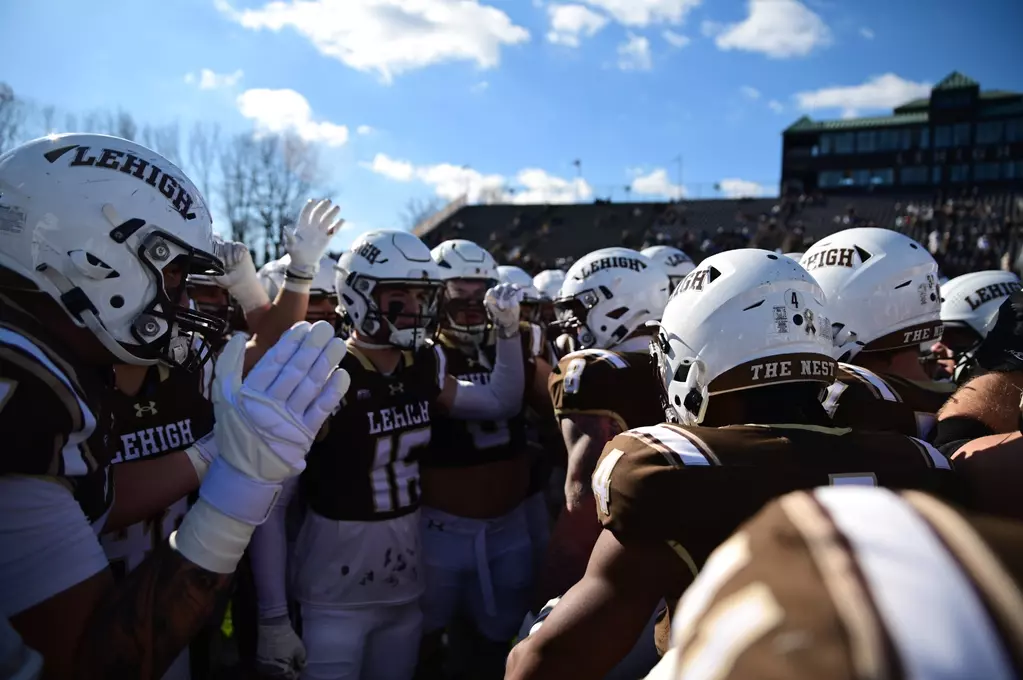







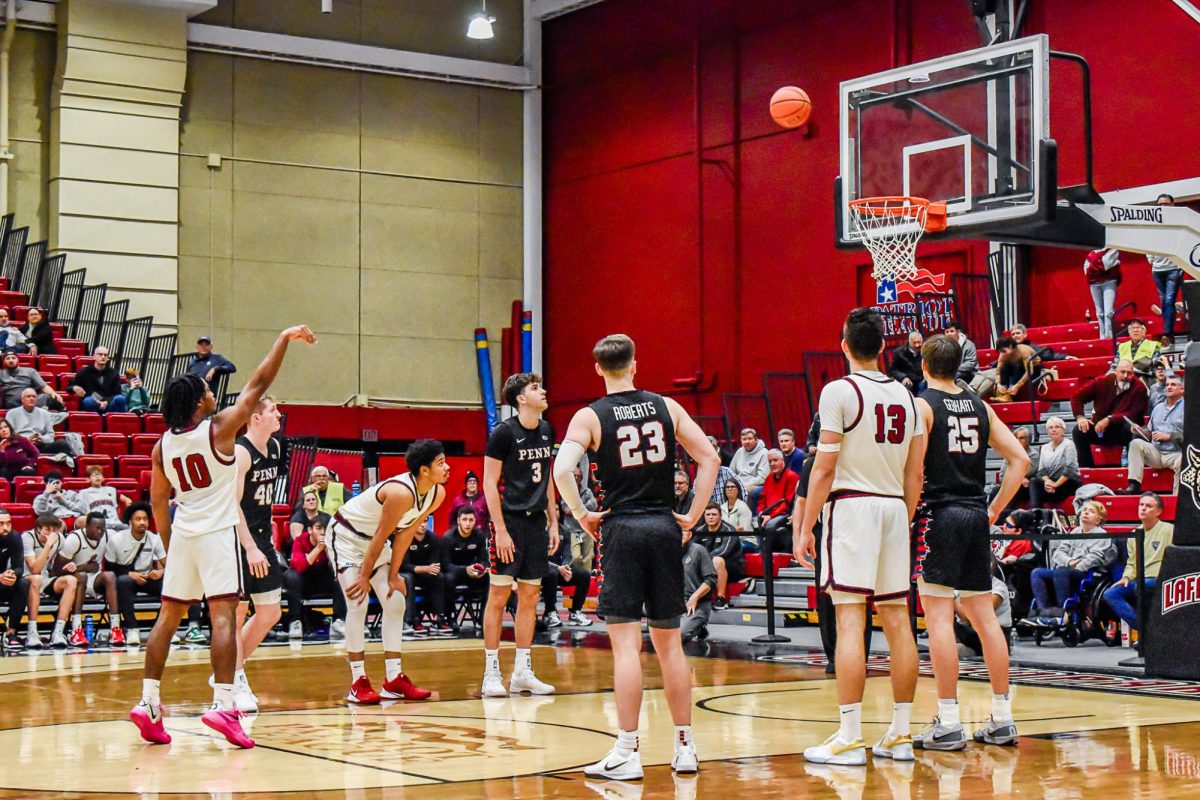
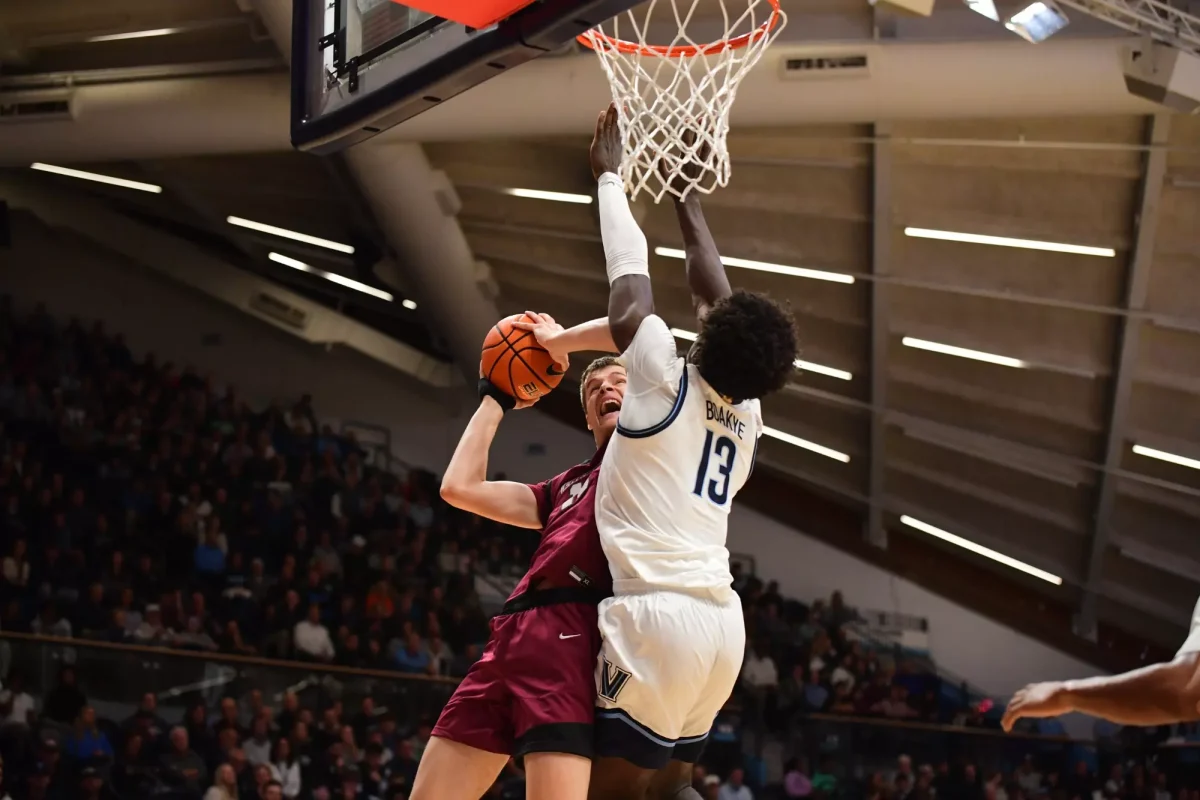



























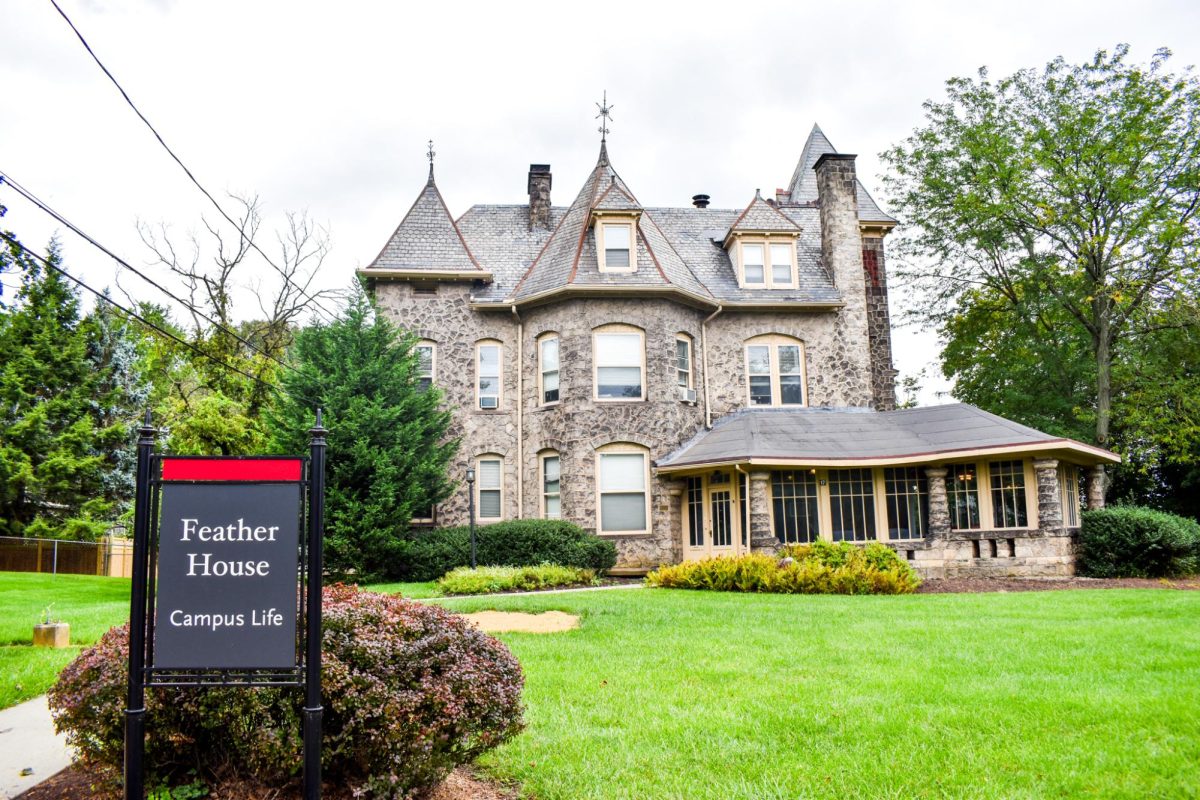


Aaron Snyder • Oct 11, 2024 at 6:20 pm
You guys do a great job! Love the professionalism and the hard work.
Aaron Snyder ’94